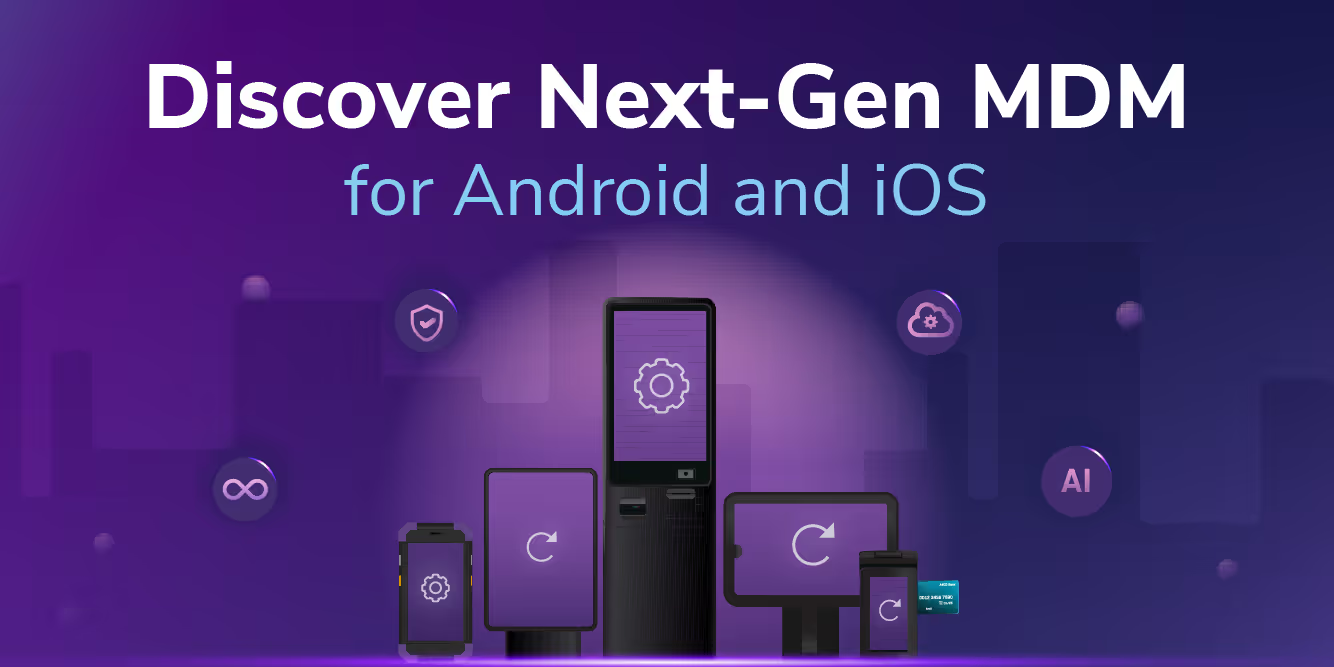The future of cycling is connected. Bikes — both indoor and outdoor — are getting smarter, and savvy cyclists are asking more from their rides. Thanks to trailblazers like Hammerhead and Peloton, the future of smart bike tech is looking to Android for versatile, customizable products.
SRAM’s Hammerhead Karoo 2 is a powerful Android-based bike computer
A few years ago, a little startup wanted to disrupt the bike computer industry that was largely dominated by a single name. That startup was called Hammerhead, and its first computer, the Karoo, used Android to create a smartphone-like experience on a bike computer.
Fast-forward several years, and the landscape has changed. Hammerhead is not only doing well, but it caught the attention of a major player in the cycling scene: SRAM. SRAM owns some of the biggest names across cycling components, including Zipp and Rockshox. Hammerhead was acquired by SRAM in January of 2022, thus solidifying the progress made by a scrappy little team who thought Android could change the cycling game forever. It looks like they were right.

The Karoo 2 feels like the future. We’re all used to the look and feel of modern smartphones, and since the Karoo 2 uses Android, it brings instant familiarity to a traditionally cumbersome device. The apps that cyclists love on their smartphones, like Strava, are now available directly on their bike computer.
By leveraging the versatility and available ecosystem offered by Android, Hammerhead was able to build a unique and powerful system that is not only incredibly scalable, but easy to update. It’s a win-win.
But Android isn’t just for bike computers — indoor cycling companies are also using it to build experiences for stationary use cases.
Peloton’s platform is powered by Android — and it’s not the only one
If you’re looking for something a little more mainstream, look no further than Peloton. The company uses Android to power its entire platform — from treadmills to smart bikes. I’ve written about Peloton’s Android usage at length in the past, but it’s worth repeating: Peloton chose Android because it is the most powerful platform in the world for creating unique and personalized device experiences.
Currently, Peloton uses Android to create unique training experiences for its customers, but it’s far from the only one. Echelon uses it for its exercise bikes. Ergatta uses it for its smart rowers. Android powers Lululemon Studio (formerly Mirror) and Tonal. Android is everywhere and you may not even know it.
We helped Portl Fitness bring its smart fitness mirror to market in a way that they didn’t think possible at first. When they decided to build a smart mirror, software deployments were one of the most complex pieces of the puzzle. The research landed on Android as the OS because of its availability and versatility. From there, they needed a software partner; that’s what we do, so it was the perfect match. We have an excellent interview with Portl’s Co-founder Vishaal Chandapaetta in our There’s a Device for That podcast if you’re interested in hearing more about how Portl uses Esper to deliver exceptional experiences to its customers.
Android bikes could be the future of cycling – both indoors and out
When you think about what’s possible with Android, it’s easy to imagine a connected, integrated future for bikes. A cycling computer built into the handlebars? Sure. GPS on the fly for real-time navigation and route planning? Not a problem. Urban exploration, commuting, and riding off the beaten path are already becoming more popular with a lot of cyclists (gravel cycling, anyone?), and Android could supercharge all of it.
But we could go one step further. With modern electronic drivetrains from SRAM and Shimano, you can already monitor everything from battery life to gear ratios directly from a bike computer or head unit, but what if all that was built into your bike? A range of sensors on the bike could offer even more advanced access to on-bike metrics and notify riders of general maintenance or potential issues. Think about it: you’d be way more likely to clean your bike’s chain regularly if it told you when to do it! 😉

Your bike could also keep up with your training plan. Right now, there are plenty of apps and services that do this, but building it directly into your bike could be game changing. After all, the fewer hurdles between you and actually getting on the bike, the more likely you are to actually do it.
And that’s just the stuff I could think of off the top of my head. Basically, everything you already need multiple services to accomplish — your head unit, training apps, maintenance logs, and more — could all be baked into your bike. All powered by Android.
Looking to build an Android bike? Start with Esper.
If you’re dreaming of building the perfect connected bike, Android is the way to go. And we have the infrastructure you need to manage hundreds, thousands, or even hundreds of thousands of bikes. Get in touch, and let us show you what you can do with Esper.
Manage Connected Fitness Devices with Esper
FAQ
Keep Exploring
















